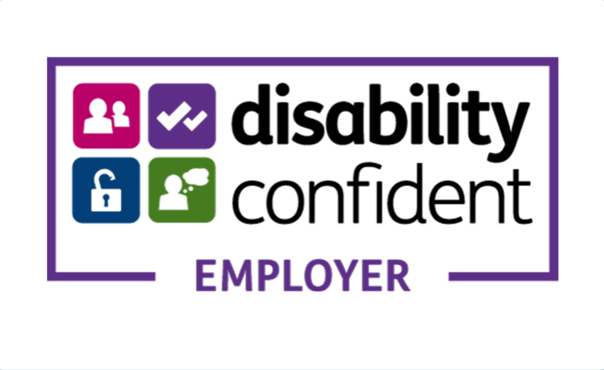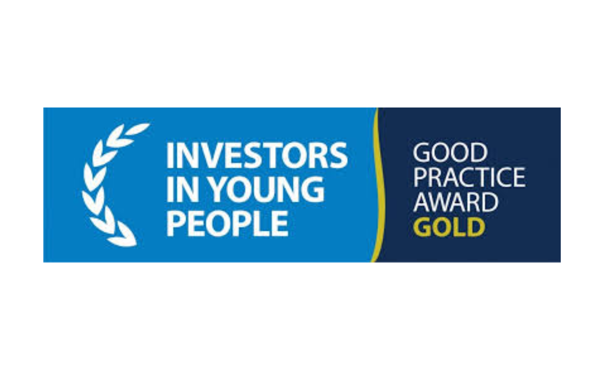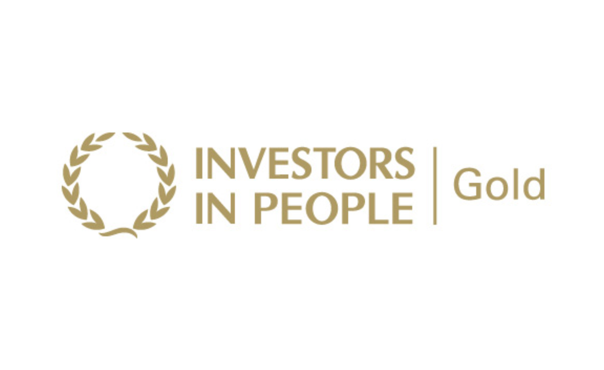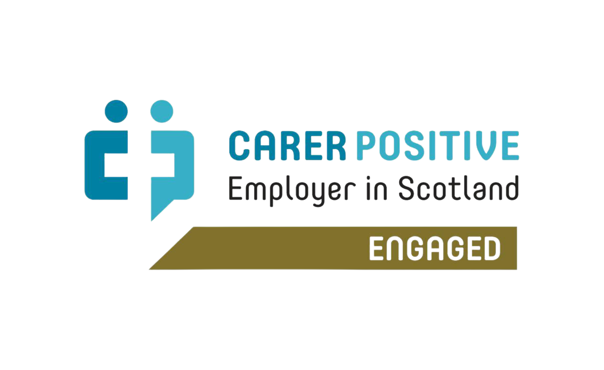Support
Support
In this section, you'll find information about our application process, including how to send your application and preparing for an interview.
How do I find current vacancies?
You can view current vacancies on our job portal. If there are no suitable vacancies currently available you can register for job alerts. To do this you must register for an account, or log in if you have already created an account.
How do I apply?
All applications are made through our job portal.
To make an application you will need to click on the ‘Read More’ button against the vacancy you are interested in, then Apply Now. You will need to log in to our jobs portal or Register your details to set up an account. Before proceeding, we suggest you take some time to read the Introduction page on the application form which provides an overview of the ‘How to Apply’ and other relevant information.
Job alerts
If you do not see any vacancies that meet your criteria, you can set up single or multiple Job Alerts. First, you will need to log in (or Register). From the Home page, click on ‘My job alerts’ for menu on left hand side of page. Click ‘Create new alert’ to set up a new alert. Alerts can be set up against location, the frequency at which you want to receive alerts and how long you want to keep alert active Alerts can be amended and deleted here also.
Can I apply for multiple vacancies at the same time?
We ask that applicants use good judgement when applying for roles. You need to be able to demonstrate that you meet the criteria for each role, as per the person spec section of the job description and be able to commit to the geographical location.
When do vacancies close?
Applications close at 23:59 on the job advert's closing date. If you experience technical difficulties submitting your application, please contact recruitment@sds.co.uk or call 0300 013 5119 (call charges apply).
The application form does not ask for referee details, will references be required?
Yes, if you are identified as the recommended candidate, you will be asked to provide details of referees covering the last 5 years.
Will I be required to provide copies of my qualifications?
Yes, if you are identified as the recommended candidate, you will be asked to provide copies of your highest, or most relevant education certificate/s, which you declared to hold as part of your application.
For Careers Advisers; you will be asked to provide original certificates for both the Post Graduate Diploma in Career Guidance and Development and the Qualification in Career Development (QCD) (or its predecessor equivalent) and Post Graduate Diploma in Career Guidance and Development.
If you are applying for a Careers Adviser vacancy before you have received your final award and are identified as the recommended candidate, your start date will not be confirmed until receipt of final award and evidence supplied as above.
Is it possible to receive feedback on my application?
We try our best to provide feedback following review of your application. However, if we receive a large number of applicants then this isn't always possible. We ask that if you receive developmental feedback regarding the quality of your application that you review your application and make necessary improvements before reapplying.
When will I hear if I've been invited to interview?
We aim to contact applicants who have been shortlisted for interview shortly after the closing date. If there is a considerable delay, we will contact you to let you know.
Where will I work?
For some roles, we follow a hybrid working approach where colleagues are expected to start to spend a proportion of their working week at an SDS recognised workplace (i.e., not at home), normally for a minimum of two days per week (pro rata). Other roles will require travel due to nature of the role. More details can be found on the job adverts.
How can I prepare for an SDS competency-based interview?
Most interviews at SDS follow a competency-based framework, sometimes known as evidence-based interviewing. Details of competencies which will be assessed, and any additional assessment tools e.g. presentation topic will be attached to your invite to interview.
During the interview, you will be expected to use examples of past experience / work. You should spend time reflecting on your best work achievements over recent times – you can also use evidence from outside work if you feel it better demonstrates a particular competency. However, it is generally better to use work-based evidence where you can.
The interviewer will score your answers against the competencies of the job you’ve applied for. Some interviews may have additional assessment criteria where you’ll need to evidence a technical skill or knowledge needed to do the role.
As all interviewees for the same post are asked the same non-discriminatory questions, it ensures fairness and consistency in the selection process.
To help you prepare, we’ve created some guides:
Can I view the job description after the closing date?
You can review the job description by logging into your account and clicking on ‘my application history’. Click on the ‘job title’ of relevant application to view the job description.
Can I ask for reasonable adjustments to be made during my interview (applies to candidates applying under the Disability Confident Initiative)?
Yes, you can email recruitment@sds.co.uk or call 0300 013 5119 (call charges apply).
I'm unable to attend the interview on the date given. Is it possible to request a different interview date?
In exceptional circumstances, and at the discretion of the recruiting manager, we will try to provide you with an alternative date. Email recruitment@sds.co.uk or call 0300 013 5119 (call charges apply)
Do you reimburse interview travel expenses?
Unfortunately, we are unable to reimburse travel expenses.
I've had an interview. How long will it be before I hear the outcome?
We’ll try to let you know within one week of the final interview. Sometimes interviews are spread over a period of time and it may take a little longer. If considerable delays are expected, we’ll let you know.
Is it possible to have feedback following my interview?
At SDS, we want to ensure that you have a valuable recruitment experience, whether successful or not. One way of doing this is by providing constructive feedback that helps you understand how you performed against the role requirements and identifies key strengths and development areas which will help to inform and support your development and future career aspirations. If you would like us to arrange feedback for you, please email recruitment@sds.co.uk
How many times can I interview?
If we note that you have interviewed on three or more occasions and have not demonstrated improvement between interviews we will advise that you take a period of 3 months to reflect on the feedback provided and work on developing your skill set in the hope that this will enhance the content of your answers and provide a successful outcome in future.
What is values based recruitment?
Values are basic and fundamental beliefs that guide or motivate our attitudes or actions. They help us determine what is important to us. Values describe the personal qualities we choose to guide our actions; the sort of person we want to be; how we treat others and ourselves and how we interact with the world around us.
Values based recruitment assesses the extent to which an individual’s values align with the demands of the job, the values of the organisation and culture of the working environment. It considers how attitudes, motives and values influence behaviours.
Values based recruitment is similar to the more commonly used Competency-based interview style. The interviewer will ask you to provide an example of a time when you have demonstrated a value, and then follow up with some questions about how you responded to that situation and how it made you feel. If you do not have an experience to use as evidence, then you may talk hypothetically about how you would respond. But you should still be prepared to answer follow up questions.
In addition to the values-based questions the interview panel may ask you some other questions about any knowledge or experience you have of any job specific elements of the job including systems/tools/processes.
Why do SDS use values-based recruitment?
SDS has adopted Values Based Recruitment approach for our Young Talent Programme, to help attract and select individuals whose personal values and behaviours align with the values of the organisation.
We recognise that young people might not necessarily have the breadth or depth of work experience which lends itself to Competency based recruitment.
Adopting a values-based approach, which allows the candidate to share their views of the workplace based on their personal values and behaviours, is another method of identifying potential. Evidence also suggests that values-based recruitment is a good recruitment practice, and staff with the right values are more likely to:
- Work efficiently in teams
- Enhance the customer experience
- Experience greater job satisfaction
Our 4 core values are:
- We put the needs of the customer at the heart of all we do
- We make use of our combined strengths and expertise to deliver the best outcomes
- We demonstrate self- motivation, personal responsibility and respect
- We continually improve to achieve excellence
How can I prepare?
As all interviewees for the same post are assessed against the same set of pre-determined values, this ensures fairness and consistency in the selection process. You will be notified as to which Values you will be assessed against in the email inviting you to attend the Assessment Centre.
In addition to our Values we will ask a question in relation to Equality and Diversity (E&D). SDS believes in and is committed to embedding E&D in all that we do. This is aligned to our ambition to be an Employer of Choice and an exemplar of fair work as well as being part of our Public Sector Equality Duty.
Your communication skills will be assessed throughout the whole assessment centre; the presentation, interview and group exercise.
You should begin by thinking about any experiences or achievements you have which relate to the values you are being assessed against. You can use experiences or achievements from any aspect of your life; education, work, sport/hobbies, volunteering or charity work. Make a list of these situations and then add some notes using the STAR approach.
S – Situation – what was the situation you were in. Give some background/context so the panel understand
T – Task – what task were you faced with
A – Action – what did you do? What choices did you have to make? What challenges did you have to overcome? And how did you do that?
R – Result – what was the outcome?
Where possible you should provide evidence by talking about a situation which actually happened. However, it is okay to talk in more general terms about how you would respond or react to the situation you are asked about. With values-based interviews you should be prepared to answer follow up or probing questions which tell the interviewer:
- Why you took the action you did
- How the situation made you feel
- What impact it had on you
- What you have learned from the situation
- What you would do differently next time
How do I answer the question?
Use the example which best fits the question you are asked. Do not use an example just because it is good, the interview panel will want a response to their question, so even if the example is good, if it does not answer the question this will impact the score the interview panel can give you.
Some of the examples you think about when doing your interview prep will provide evidence for more than one value. It is far better when doing your preparation to think more generally about the evidence you have and then select the best example to fit the question you are asked.
Where possible you should give the panel a specific example of a time when you have displayed the value/behaviours and be prepared to talk about it in some detail using the STAR approach detailed above. This will help you give the panel enough detail to assess your suitability for the role.
If you are not providing enough information or go off track, the interview panel may interrupt you and ask additional questions to help refocus your response and get a better understanding of what you did.
Current vacancies
Find the latest SDS jobs.
Employee stories
Our colleagues share what makes Skills Development Scotland a great place to work.
Working at SDS
Discover our vision and values, benefits package and Young Talent Programme.
Young Talent Programme
Our Young Talent Programme helps you take the first steps in your career as a Modern Apprentice, Graduate Apprentice, Trainee Careers Adviser or Graduate Intern.

disability confident

Investors in Young People

Investors in People

Career Positive